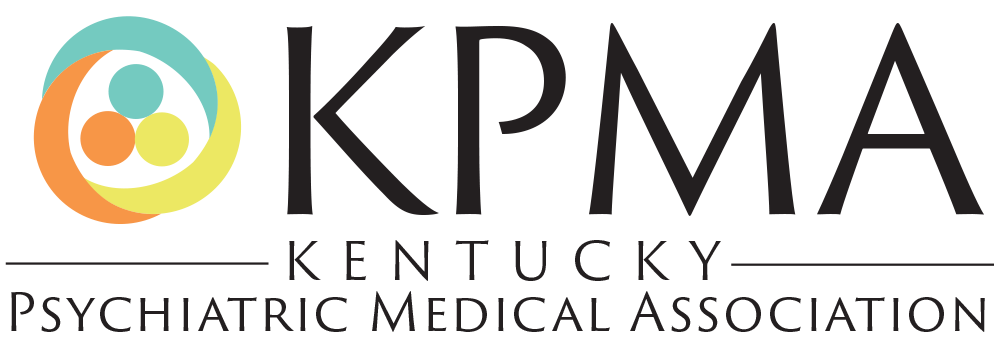Latest News view all
05/28/2025ULSOM psychiatry residency program celebrates a 75-year commitment to accessible, compassionate mental health careThe University of Louisville School of Medicine has been training residents in psychiatry for 75 years, reducing mental health stigmas, increasing access to mental health care, and adjusting to fit the ever-evolving mental health needs of the community. |
01/15/2025Seven Counties Services is proud to offer Transcranial Magnetic Stimulation (TMS)TMS is a safe, non-invasive therapy that uses gentle magnetic pulses to “wake up” nerve cells in specific areas of the brain. This therapy improves brain activity and communication in regions associated with mood, making it an effective option for those who haven’t responded well to traditional antidepressant medications. |
12/19/2024KPMA Launches New Website! |

